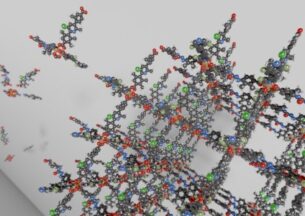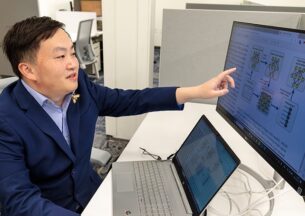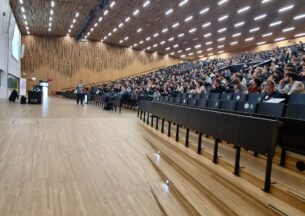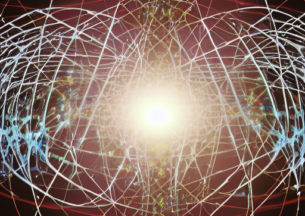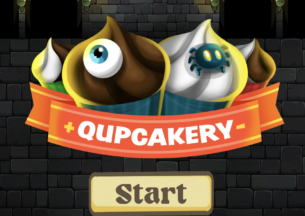Department of Energy Awards Prof. Fred Chong $2.25 Million for Quantum Computing Research
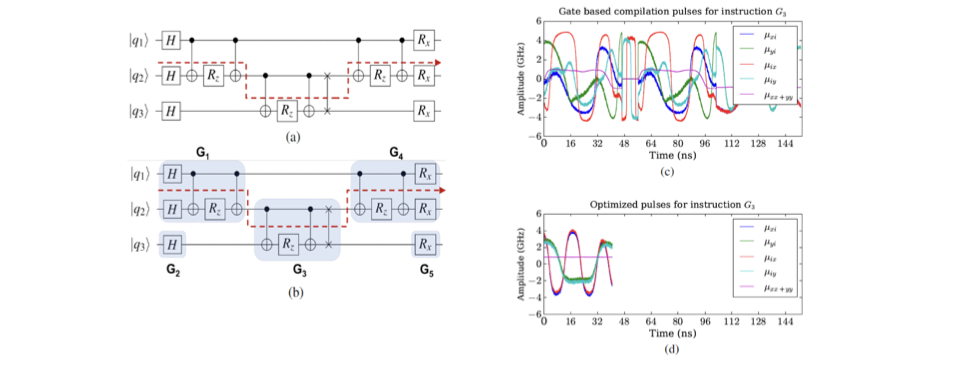
A new $60.7 million round of funding from the U.S. Department of Energy (DOE) for quantum computing and networking included two awards to the research group of Fred Chong, Seymour Goodman Professor of Computer Science at the University of Chicago. Chong’s team will join multi-institutional projects led by Lawrence Berkeley National Laboratory and Johns Hopkins University, receiving $1.125 million for their role in each collaboration.
The two projects complement the research underway by Chong’s UChicago laboratory and the Enabling Practical-Scale Quantum Computing (EPiQC) collaboration, a multi-institutional NSF Expeditions in Computing project he leads. Both groups develop new algorithms, software, and machine designs for current and near-future quantum technologies, with the goal of reducing the gap between existing theoretical algorithms and practical quantum computing architectures.
“These projects are very complementary to EPIQC in the sense that we are already working on noise mitigation, and now we will have better modeling and more computing to explore these techniques,” Chong said. “We’ll get access to application scientists, DOE high-performance computing horsepower, and more knowledge of the science of modeling noise and the physics of these machines.”
The project led by Berkeley Lab, “Advancing Integrated Development Environments for Quantum Computing through Fundamental Research” (AIDE-QC), is a five-year, $17.5 million project that brings together researchers from five DOE national laboratories and UChicago to “address critical aspects of computer science research that accelerate the integration of near-term intermediate-scale quantum devices for scientific exploration.”
The second project, “Tough Errors Are no Match (TEAM): Optimizing the quantum compiler for noise resilience,” is led by Johns Hopkins and also includes Lawrence Livermore National Laboratory, Stanford University, the University of Maryland, the University of California, Berkeley. This collaboration will focus on modeling the error on today’s quantum hardware and developing new strategies to compensate for this noise.
“We are on the threshold of a new era in Quantum Information Science and quantum computing and networking, with potentially great promise for science and society,” said Under Secretary of Science Paul Dabbar in a DOE news release. “These projects will help ensure U.S. leadership in these important new areas of science and technology.”




